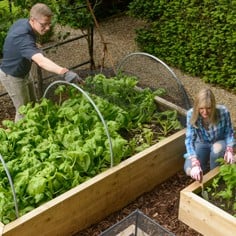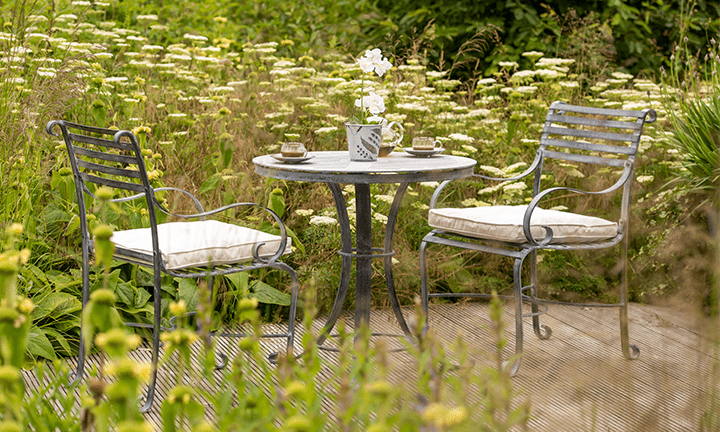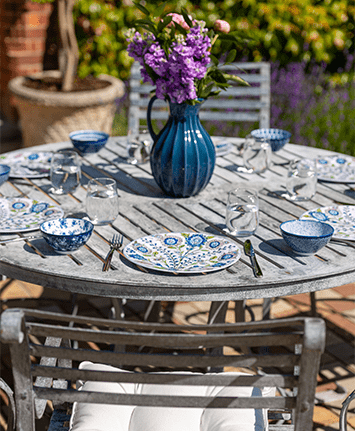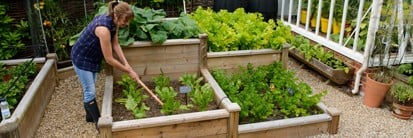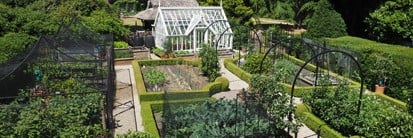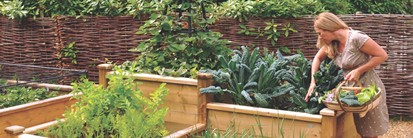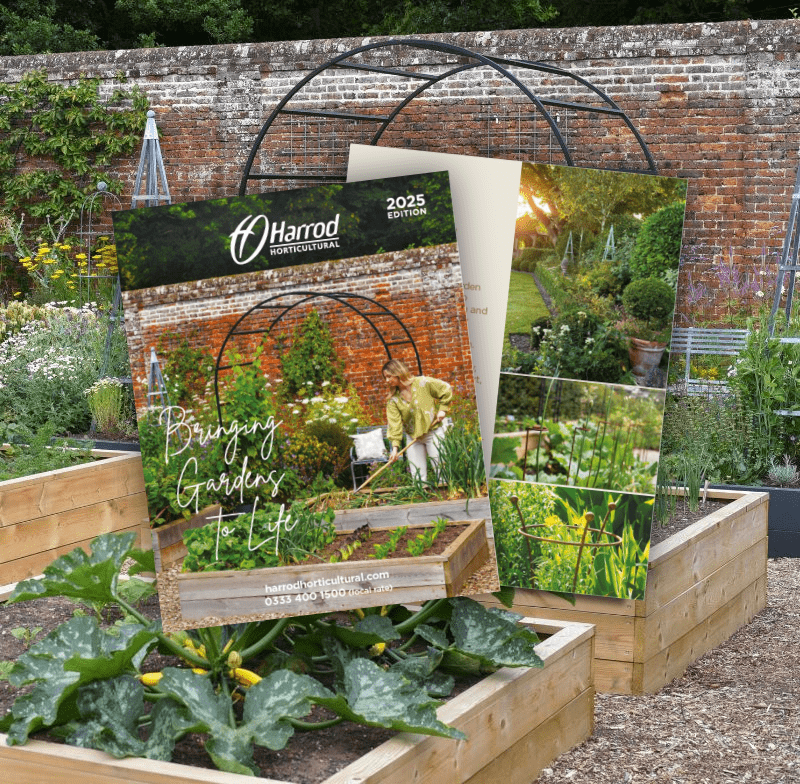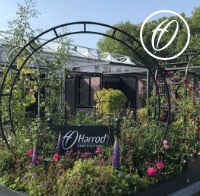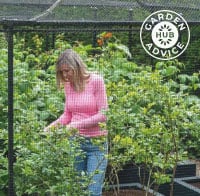With Christmas over, and the annual trawl through the seed catalogues almost complete, the thoughts of most gardeners turn to sowing and growing once again - and that means peat free seed compost.
Here, our horticulturist Martin Fiddes takes us through some alternatives to peat.
All across the country, the distinctive sounds of rummaging in the shed or greenhouse for the propagator can be heard. Quiet at first, the sound builds into a crescendo with accompaniment from noisy searches for seed trays, sieves, scoops, labels - and of course compost.
Choosing which seed compost to use isn't a quick job. There's a myriad of products out there, all vying for your attention. Select from the traditional John Innes compost, with it's added horticultural sand and balanced nutrients; fellow horticultural bigwigs William Sinclair (with their J.Arthur Bowers range) and Westland bring their own brands to the table; and also worthy of consideration are the organic alternatives.
I’ve done a bit of research into this area and it appears that peat free (organic) composts designed to get your seedlings off contain one of the following three substitutes – non-mined peat, coir or leaf mould. Seed composts in general do not need to contain many nutrients as the seed has (is) its own store, so it really boils down to a choice between which of these replacement materials you consider to be most organic!
Here’s some further information on each of these alternative ingredients;
Non-mined Peat
The term given to a peat/silt/leaf-mould mix which has been filtered into watercourses and reservoirs by natural rainfall on the peat moors of West Yorkshire. The mix is dredged from reservoirs and bagged up as a natural compost, and although peat is included, it’s not from the widely-regarded morally unacceptable method of machine harvested peat – which causes destruction to our native peat bogs and is completely unsustainable.
Coir
A seed compost based on a mix of coir – or coconut fibre – and vermiculite, which results in a growing medium with excellent water retention and insulation properties. Look carefully and you’ll find suppliers who obtain the coconut fibre from organically grown coconut groves and transport the coir by sea – and don’t contribute to environment-damaging ‘air miles’ totals. Added nutrients in this example are also Soil Association approved.
Leaf Mould
Adopt a more of a ‘diy’ compost approach by collecting fallen leaves and using the decomposed and composted material as a great peat substitute – just the job for home made seed compost. We can supply you with the composters, leaf sacks and tools you will need for collection and storage – you just need to supply the leaves! I've covered just what a useful commodity leaf mould can be in the garden in an earlier article, so if you have got any leaves still hanging around the garden - I know it's easy to get sidetracked out of clearing them up - get collecting!






